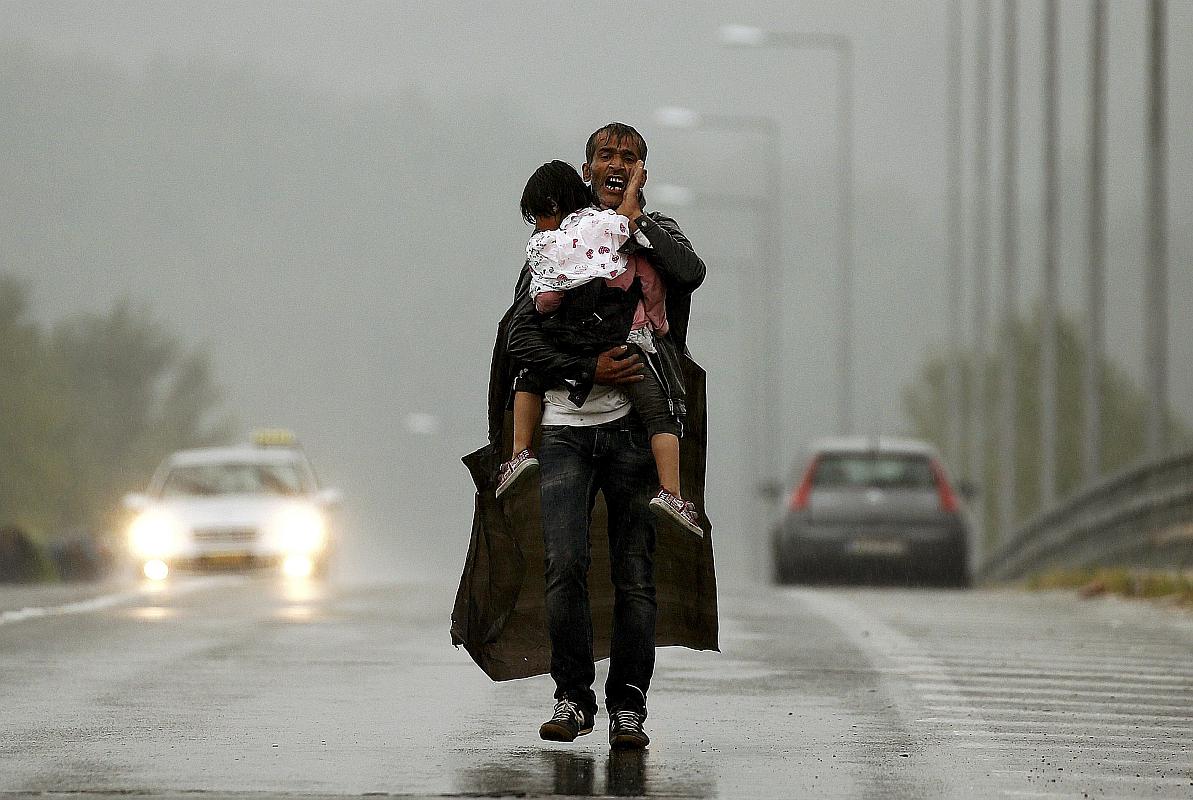
The president of the "European Federation of Psychologists’' Associations (EFPA), Telmo Mourinho Baptista, called on Europe's psychologists to "help with their knowledge in this humanitarian tribulation".
Vita Poštuvan, from the Slovenian Centre of Suicide Research within the Andrej Marušič Institute, has reacted to the call. The psychologist confirms that the stress refugees experience on their long and dangerous journeys is similar to the stress experienced in a disaster, such as the recent floods or ice storm in Slovenia, the tragic hot-air balloon crash or the traffic accident with the bus full of German schoolchildren. In all those case psychologists offered aid to the victims and their relatives. "From a psychological point of view we can draw similarities, as the deaths or tragic events occurred suddenly, throwing the victims out of their routines. In those cases people have to be stabilized and given a direction," explains Vita Poštuvan. She adds that refugees are in need of psychological help because of three reasons.
A normal response to abnormal circumstances
"The first is because of what happened to someone in his native country. It is important how a man experiences his journey, his transition and how that man later integrates. In all those examples psychological support is crucial. People also give each other a lot of psychological support. Being with you family members is the biggest psychological support. However, not all refugees travel with their families, and some have lost their members on the way. Most of them will deal with that crisis alone. We, psychologists, say that their reactions, although sometimes extreme, are in fact a normal response to abnormal circumstances."
Vita Poštuvan continues to say that psychological aid on the ground is often second-rated, as the most urgent forms of aid include giving out food and water and providing medical care. In such cases psychologists cannot offer classical talk therapy, despite its necessity in extraordinary circumstances. Most important for the psychological safety of those people on journeys is to be informed, to know what is happening on the road, when the next train or bus arrives.

































































